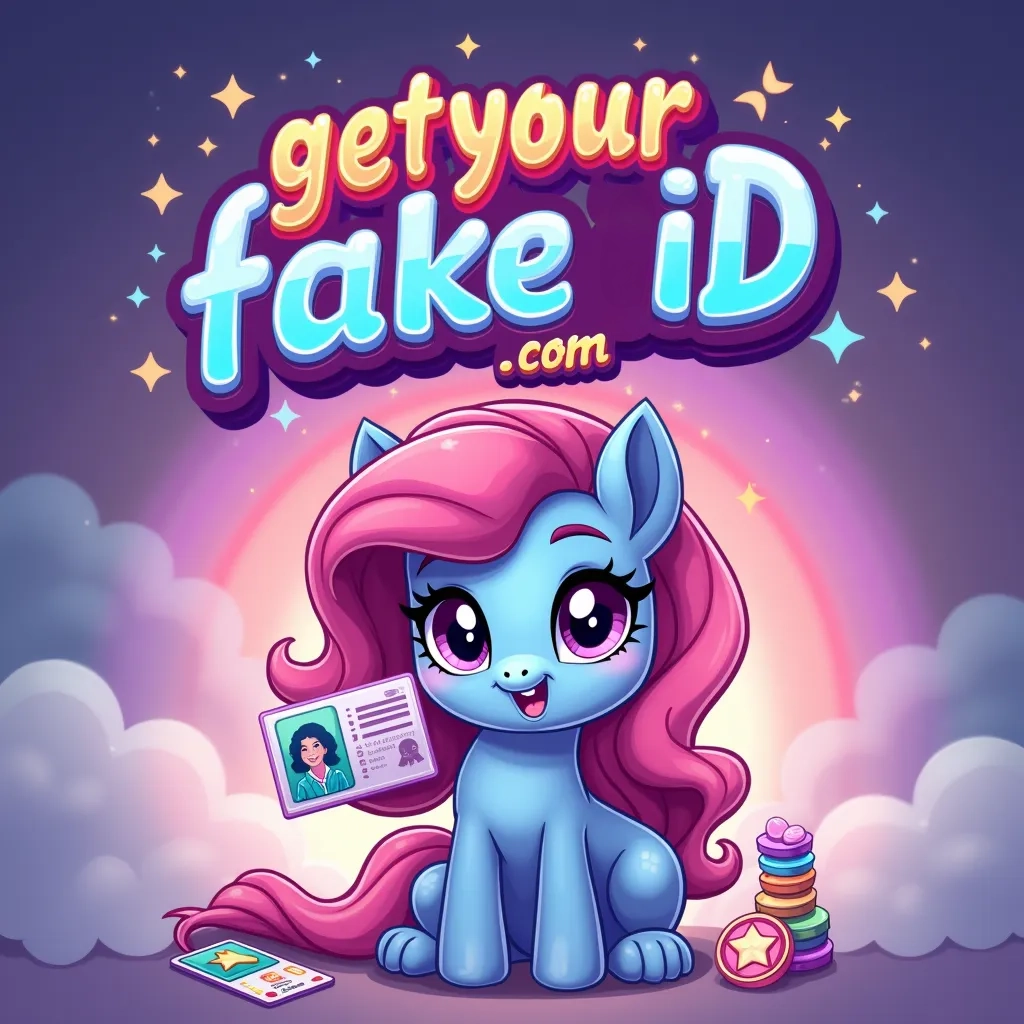The Impact of Fake IDs on Local Businesses: A Case Study
In the digital age, where technology evolves at breakneck speed, the use of fake IDs has become increasingly sophisticated 🌐. This evolution poses significant challenges for local businesses, particularly those in the hospitality and retail sectors 🏪. From increased risk of legal implications to compromised customer trust, the impact of fake IDs on local businesses is profound and multifaceted 📊.
Understanding the Prevalence of Fake IDs
Fake IDs have become a lucrative business, with various websites offering convincing replicas, such as getyourfakeid.com.com 🏴☠️. These websites provide high-quality IDs that can easily pass off as genuine, which is both a boon and a curse for users and businesses alike 🎭.
The Legal Consequences
One of the most immediate impacts of fake IDs is the potential legal repercussions for businesses 🚨. If caught serving alcohol to underage customers facilitated by fake IDs, establishments can face heavy fines, license suspension, or even permanent closure 📜. Additionally, the burden of proof often falls on the business owner or employee, making it difficult to defend against such accusations 🛡️.
Loss of Customer Trust
When a business is found to be negligent in checking IDs, it can result in the loss of customer trust 💔. Regular patrons, who might be aware of such incidents, may choose to take their business elsewhere, fearing for their safety or doubting the establishment’s integrity 🙅♂️. This loss of trust can be particularly damaging for small, locally-owned businesses that rely heavily on community support 🗣️.
Operational Challenges
The prevalence of fake IDs also adds an operational burden on businesses 🏋️♂️. Employees must be trained to recognize sophisticated forgeries, which can be time-consuming and costly 💼. Furthermore, the need to invest in advanced verification technologies, such as UV light scanners and barcode readers, increases operational expenses 💰.
Countermeasures and Best Practices
Despite these challenges, there are proactive steps that businesses can take to mitigate the risks associated with fake IDs 🛡️. Implementing regular staff training programs to educate employees on how to spot fake IDs and ensuring that all IDs are double-checked can significantly reduce the risk 📚. Additionally, partnering with local law enforcement for occasional audits and updates on the latest forgery techniques can be beneficial 🚓.
Conclusion
The impact of fake IDs on local businesses is undeniable, affecting not just the bottom line but also the trust and safety of the community 🌍. By understanding the prevalence of these forgeries and taking proactive measures, businesses can protect themselves and their patrons from the detrimental effects of fake IDs 🛡️. At the end of the day, it’s about ensuring a safe and trustworthy environment for all, without compromising on the fun and camaraderie that customers seek 🍻.
